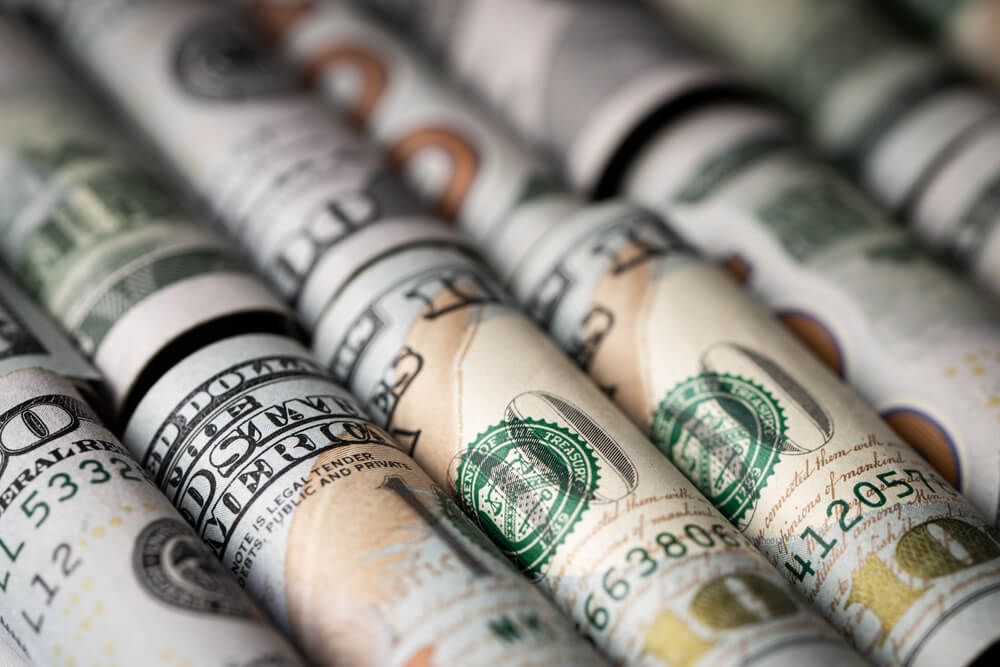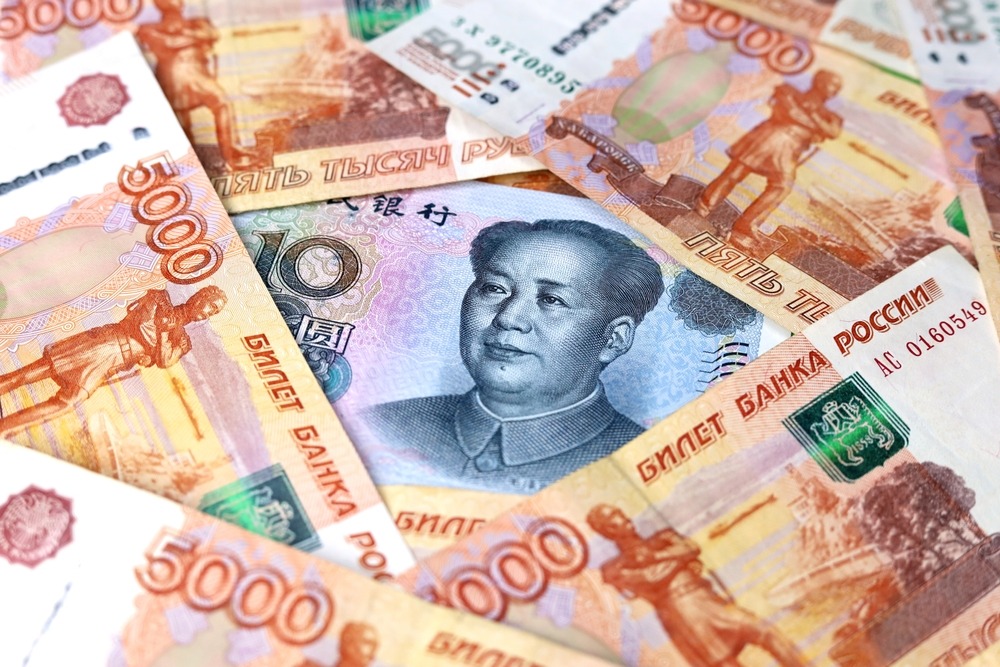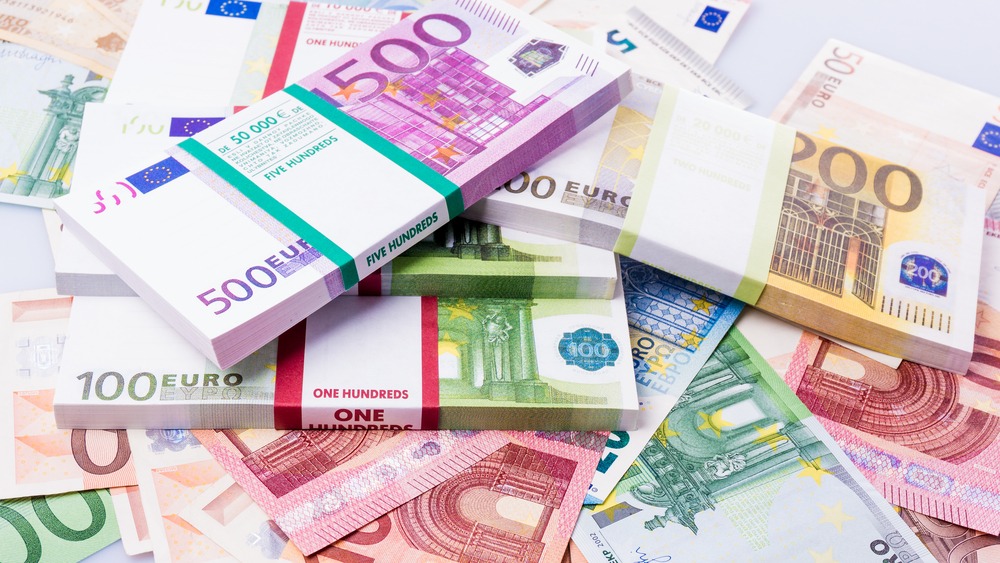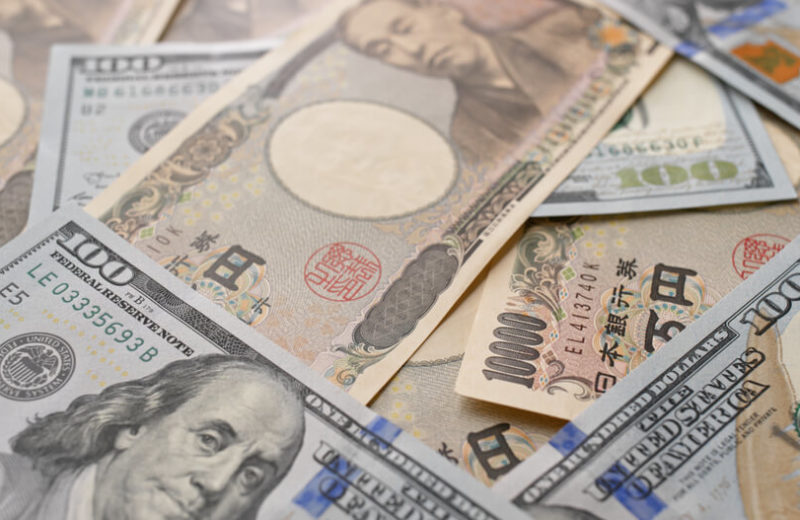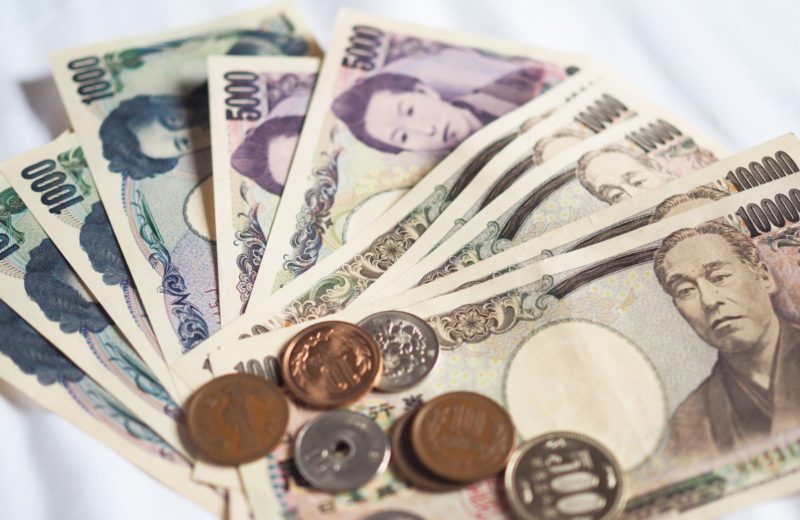The focus is shifting to Europe and Wednesday’s Eurozone inflation data, likely pointing to an aggressive ECB interest rate rise next month. Meanwhile, the U.S. dollar dipped slightly in early European trade on Tuesday, retreating from a 20-year top.
The Dollar Index compares the value of the dollldollar’s value to a basket of six other currencies. This index was down 0.1% at 108.733 at 3:05 ET (07:05 GMT) after falling from 109.48 overnight, a level not seen since September 2002.
Recession In the Way of Prosperity
Jerome Powell, the head of the Federal Reserve, made a solid commitment to increasing interest rates to control inflation, even at the expense of a slowdown in economic growth, which sent the dollar soaring at the end of last week.
This means that investors will closely monitor incoming economic statistics, and Friday’s monthly nonfarm payrolls in particular, as they try to determine if the central bank can manage a downturn in the economy without causing a recession. Before this, the Eurozone is scheduled to disclose August CPI numbers on Wednesday. Annual inflation is anticipated to pick up to 9.0% from 8.9% in July, which is much higher than the ECB’s 2% objective. The information is expected to increase the pressure on the ECB to raise rates rapidly at its forthcoming meeting in September despite the growing possibility of a recession.
Isabel Schnabel, a member of the board of the European Central Bank, recognized this over the weekend. She stated that central banks risk losing the public’s faith and must now take aggressive action to battle inflation, even if doing so causes their economies to enter a recession. We have no choice but to continue the normalization course, Schnabel remarked, even if we go into a recession. The impact on the economy would be substantially severe if inflation expectations were to de-anchor.


